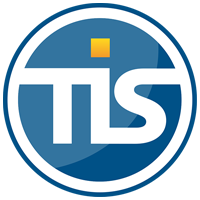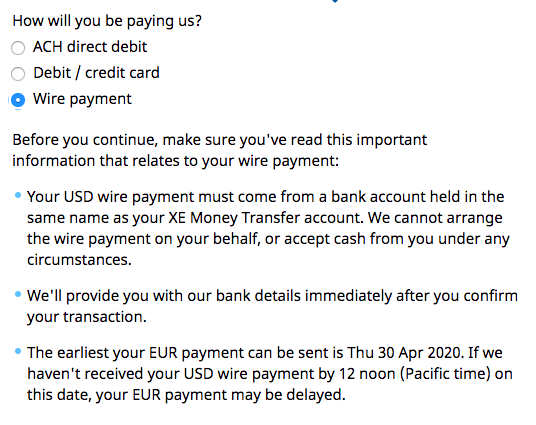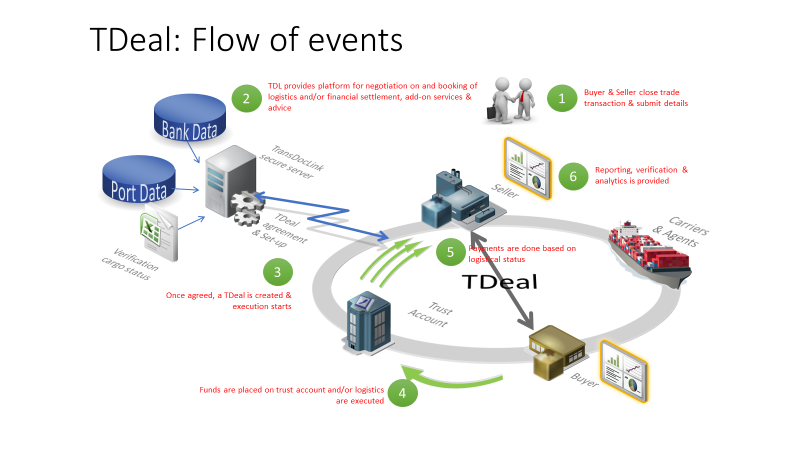| 28-04-2020 | Ger van Rosmalen | treasuryXL
For decades, there seems to have been a debate between using Letters of Credit (L/C) and credit insurance. Both methods offer their advantages and disadvantages. Last week, I read an article on how working with credit insurance is so much better than working with Letters of Credit, highlighting that L/Cs are labour intensive, have bad financial implications, and global trade generally prefers credit insurance. Now that some have called credit insurance the better alternative, there is further discussion about the usefulness of Letters of Credit, which raises many questions. In this blog, I highlight the contextual benefits of Letters of Credit and my opinion.
This blog is available in English and Dutch. See Dutch version below.

Scenario
Is credit insurance the fully comprehensive solution for the customer? What if the exporter has a nice deal in the so-called “emerging markets” where the credit insurance only covers 80% or no coverage at all and the importer does not want to pay because of a commercial dispute? Can the exporter afford to take a 20% deductible (residual) risk?
Benefits of Letter of Credit
If the credit insurer does not cover at all, a Letter of Credit is a very good alternative. If the transaction has a delayed payment of, for example, 180 days, it is not certain whether the exporter can wait that long for the money. Banks are no longer waiting for you at the door with a bag of money. Lending is scarce. With a confirmed L/C you don’t have to wait until the end of the payment term, but the bank can make money available when L/C compliant documents are provided. We call this “discounting without recourse”.
Customer interest
Discover the best solution for the customer and the transaction. Often you can accommodate a large part with credit insurance, but certainly not everything! If your sales area is Europe, you may still be able to avoid using L/C’s, but if you export all over the world, you cannot avoid using Letters of Credit.
Are L/Cs really that laborious and difficult?
I think you can influence that yourself. With sufficient knowledge in house, it already means that you can often sit in the director’s chair with L/C transactions. I have seen many L/C ‘s go through my hands and then I also see if you take exporters into the L/C world they find it interesting and more importantly, they will recognize the value of an L/C. The exporter feels himself with the newly acquired information comfortable to start using Letters of Credit.
Letters of Credit vs Credit Insurance
The battle between Letter of Credits and Credit Insurance has to be buried because both methods have pros and cons. Find a combination between the two that suits the needs of the customer and you will realize that both methods actually complement and reinforce each other.
in Dutch
De ultieme strijd tussen Letters of Credit en kredietverzekering
Al tientallen jaren lijkt er een debat te zijn geweest tussen het gebruik van Letters of Credit (L / C) en kredietverzekeringen. Beide methoden bieden hun voor- en nadelen. Vorige week las ik een artikel over hoe het werken met kredietverzekeringen zoveel beter is dan werken met Letters of Credit, waarbij er werd benadrukt dat L/C’s arbeidsintensief zijn, slechte financiële gevolgen hebben en dat de wereldhandel in het algemeen de voorkeur geeft aan kredietverzekeringen. Nu Sommigen kredietverzekeringen het betere alternatief noemen, wordt er verder gediscussieerd over het nut van Letter of Credit, waarbij veel vragen naar boven komen. In deze blog belicht ik de contextuele voordelen van Letter of Credit en mijn mening.
Scenario
Is een kredietverzekering de allesomvattende oplossing voor de klant? Wat als die exporteur een mooie deal heeft in de zogenaamde “emerging markets” waar de kredietverzekering slechts 80% of helemaal niet dekt en de importeur niet wil betalen vanwege een commercieel geschil? Kan de exporteur het zich veroorloven om een aftrekbaar (rest) risico van 20% te nemen?
Voordelen van Letter of Credit
Als de kredietverzekeraar helemaal niet dekt, is een Letter of Credit een goed alternatief. Als de transactie een vertraagde betaling heeft van bijvoorbeeld 180 dagen is het niet zeker of de exporteur zo lang kan wachten op het geld. Banken wachten niet langer op je voor de deur met een zak geld. Kredietverlening is schaars. Met een bevestigde L/C hoeft u niet te wachten tot het einde van de looptijd, maar de bank kan geld beschikbaar stellen wanneer er L/C-conforme documenten aangeboden worden. We noemen dit ‘discounting without recourse’.
Klantbelang
Ontdek de beste oplossing voor de klant en de transactie. Vaak kunt u met een kredietverzekering een groot deel onderbrengen, maar zeker niet alles! Als uw verkoopgebied Europa is, kunt u misschien nog vermijden om L/C’s te gebruiken, maar als u over de hele wereld exporteert, kunt u het gebruik van Letters of Credit niet vermijden.
Zijn L/C’s echt zo bewerkelijk en moeilijk?
Ik denk dat je dat zelf kunt beïnvloeden. Met voldoende kennis in huis betekent het al dat je bij L/C transacties vaak op de regisseursstoel kunt zitten. Zelf heb ik veel L/C’s door mijn handen zien gaan en dan zie ik ook als je exporteurs meeneemt naar de L/C-wereld ze het interessant gaan vinden en nog belangrijker, ze gaan de waarde inzien van een L/C. De exporteur voelt zich met de opgedane kennis comfortabel genoeg om ermee aan de slag te gaan.
Letters of Credit vs Credit Insurance
De strijdbijl tussen Letter of Credit en Credit Insurance moet worden begraven, omdat beide methoden voor- en nadelen vertonen. Zoek een combinatie tussen beide die past bij de behoefte van de klant en u zult zich realiseren dat beide methoden elkaar daadwerkelijk aanvullen en versterken.

Ger van Rosmalen
Trade Finance Specialist














